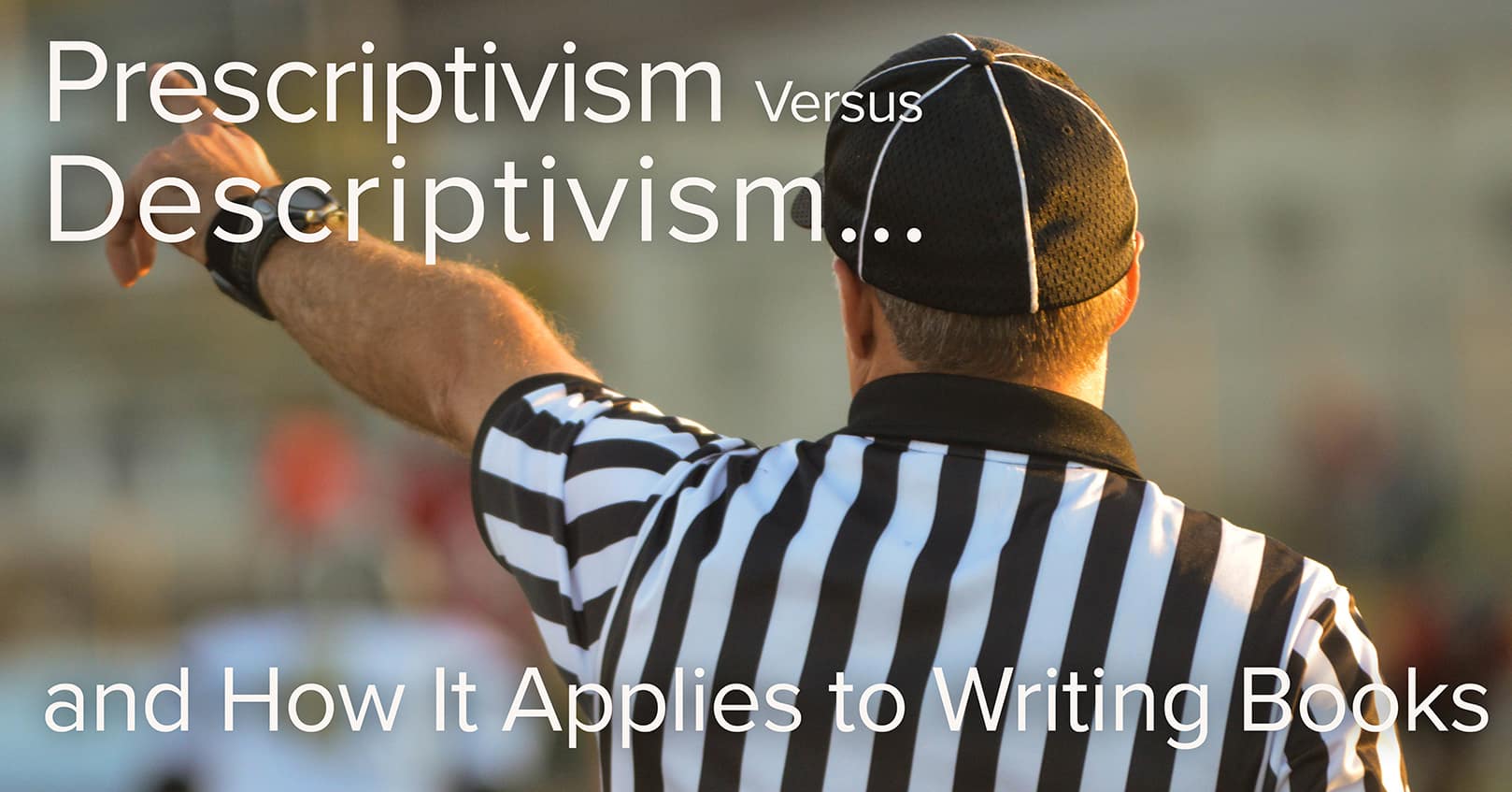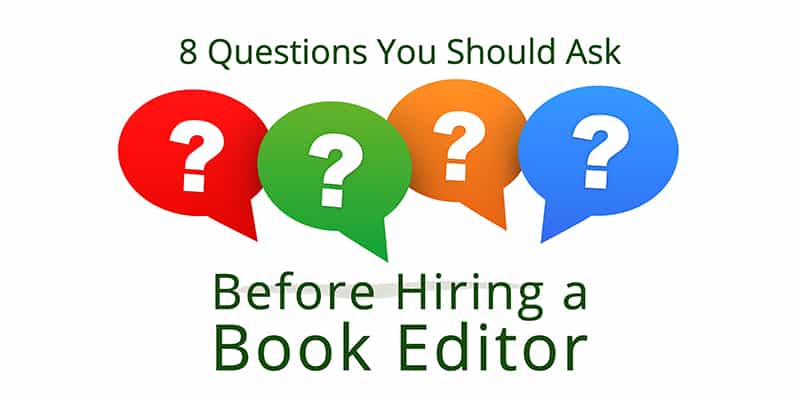
You may or may not be familiar with the terms “prescriptivism” and “descriptivism,” but even if you don’t know what they mean, you are definitely familiar with the concepts they represent. Prescriptivism is the belief that there is a correct way to speak and write, that language should be prescribed. Descriptivism is the belief that since language is constantly changing, it should be described. Prescriptivism states what usage is correct or incorrect based on a set of rules; descriptivism states what usage is correct and incorrect based on what the majority of people are actually saying and writing.
Many of the rules of prescriptivism you’ve no doubt heard: don’t end a sentence with a preposition, don’t split an infinitive, don’t start a sentence with a conjunction, don’t use incomplete sentences and sentence fragments, “can” and “may” have different meanings, and be sure to keep “who” and “whom” straight. But these rules are often a matter of preference to those who originally made them, rather than to create clear sentences. And several rules are derived from rules in Latin, such as not splitting an infinitive, and really shouldn’t be applied to English. Sometimes keeping the rules can lead to awkward sentence constructions.
Some rules, though, do help with clarity, such as a serial comma, or conjugating verbs like “lay” and “lie.” And if you ignore all the rules while writing, others will call your book poorly written and poorly edited.
I submit that the best route is descriptivism, but instead of using everything you might hear, choose instead a level of educated descriptivism. That way you won’t be accused of grammar mistakes AND your books will be more accessible to the average reader. So, does the difference between “who” and “whom” or “can” and “may” really matter when writing a novel? I don’t believe so. And sometimes that sentence fragment is just what you need to deliver appropriate shock value. As always, I recommend reading books that are doing well in your genre and following their example.
What is your stance on prescriptivism and descriptivism? Let us know in the comments below!















I prefer a flexible approach. If all writing had to be 100% prescriptive, I would quit publishing. It smacks too much of perfectionism, which is unattainable because every human has a different opinion of what is perfectly correct. I don’t like sloppy writing either. If all writing shifted to that end of the spectrum, I would quit reading.
When I’m writing a story, I think about the voice that is right for the character. I use that form of grammar for their dialogue and for any narrative when they are the point of view character. That means that a single book may have a different balance of prescriptivism vs. descriptivism for different characters. I think that’s closest to real life.